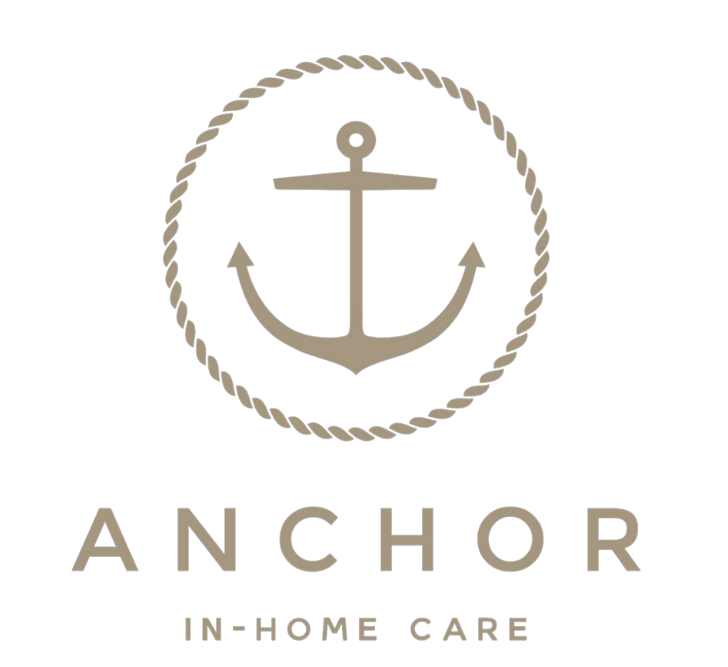Dementia:
Resources
Navigating Dementia: A Guide to Learning and Accessing Resources
Dementia, a progressive condition that affects memory, thinking, and behavior, can be a challenging journey for individuals and their loved ones. Understanding the complexities of dementia and accessing appropriate resources are essential steps in providing optimal care and support. Fortunately, there are numerous educational materials, organizations, and support networks available to help individuals learn more about dementia and navigate the caregiving journey.
Educational Materials and Websites: There are many reputable sources of information on dementia available online. Websites such as the Alzheimer's Association (alz.org), Alzheimer's Society (alzheimers.org.uk), and the National Institute on Aging (nia.nih.gov/alzheimers) offer comprehensive resources, articles, fact sheets, and educational materials on various aspects of dementia, including symptoms, diagnosis, treatment, and caregiving tips. These websites also provide access to webinars, online courses, and educational videos for individuals seeking to deepen their understanding of dementia.
Books and Publications: Numerous books and publications are dedicated to dementia education and caregiving. From memoirs and personal accounts to practical guides and research-based literature, there is a wealth of knowledge available for individuals looking to learn more about dementia. Some recommended books include "The 36-Hour Day" by Nancy L. Mace and Peter V. Rabins, "Learning to Speak Alzheimer's" by Joanne Koenig Coste, and "Being Mortal" by Atul Gawande.
Local Community Resources: Many communities offer dementia education and support programs through local hospitals, senior centers, community centers, and religious organizations. These programs may include informational workshops, support groups, caregiver training sessions, and memory screening events. Contacting local organizations or consulting community event calendars can help individuals identify relevant resources in their area.
Healthcare Professionals: Healthcare professionals, including physicians, nurses, social workers, and psychologists, can serve as valuable sources of information and support for individuals affected by dementia. They can provide guidance on diagnosis, treatment options, symptom management, and accessing community resources. Building a collaborative relationship with healthcare professionals can help individuals and caregivers feel more empowered and informed about dementia care.
Support Groups and Helplines: Support groups offer a safe and supportive environment for individuals and caregivers to share experiences, exchange practical advice, and receive emotional support from others who understand their challenges. Many organizations, including the Alzheimer's Association and local dementia care networks, offer in-person and virtual support groups for caregivers and individuals living with dementia. Additionally, helplines staffed by trained professionals provide confidential information, support, and referrals to resources in times of need.
Online Forums and Social Media: Online forums and social media groups provide opportunities for individuals to connect with others affected by dementia, share stories, ask questions, and offer support. Websites such as Alzheimer's Association's ALZConnected platform and various Facebook groups dedicated to dementia caregiving and support can be valuable sources of information and camaraderie.
In conclusion, learning more about dementia and accessing relevant resources is essential for individuals and caregivers navigating the challenges of dementia. By leveraging educational materials, online resources, community programs, healthcare professionals, support groups, and online forums, individuals can gain knowledge, find support, and build a network of resources to guide them through their dementia journey with confidence and compassion.


